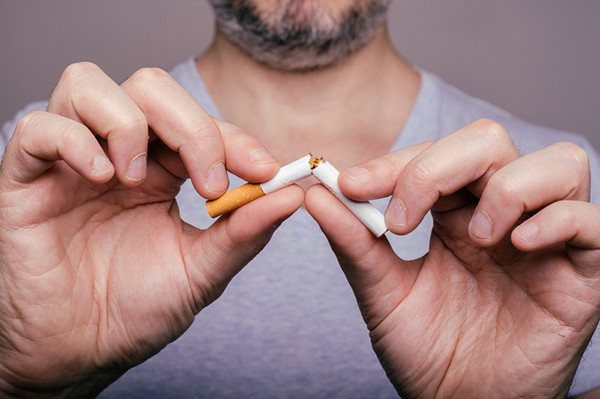
Two jobs may lower the odds of dying from Alzheimer's disease — but why?

Mastitis: What to do when your breasts are painfully inflamed

How — and why — to fit more fiber and fermented food into your meals

UTI in older women: Why postmenopausal women are susceptible to urinary tract infection, and what to do about it

Can a routine vaccine prevent dementia?

Some adults may need a measles booster shot. Who should get one and why?

Less butter, more plant oils, longer life?

Healthier planet, healthier people

Counting steps is good — is combining steps and heart rate better?

Appendix pain: Could it be appendicitis?
Mind & Mood Archive
Articles
Will getting more sleep help protect me from dementia?
A study published online April 20, 2021, by the journal Nature Communications suggests thatgetting too little sleep in midlife increases the risk for dementia later in life. Researchers analyzed the sleep data of 8,000 middle-aged adults who were followed for 25 years. People who slept six hours per night at age 50 were 22% more likely to develop dementia, compared with people who slept seven hours. People who slept six hours per night at age 60 were 37% more likely to develop dementia, compared with people who slept seven hours. The study was observational and can't prove causation.
Exercise can add to your sense of purpose — and vice versa
The benefits of volunteering, without leaving home
The book of neurogenesis
Nicotine addiction explained — and how medications can help
Addiction is now understood to be a neurological disorder that results from changes to the brain's reward center caused by addictive substances. Ideally, treatment for nicotine addiction combines medication to suppress cravings with counseling to help patients reprogram their behavior.
Misgendering: What it is and why it matters
For people who are transgender or nonbinary, being misgendered may be a daily occurrence. When this happens, people feel invalidated and unseen, and the burden can negatively affect their mental health. Making the effort to use the right names, pronouns, and honorifics when addressing a person shows respect and support for those around you and how they identify themselves.
Stories connect us
Why it's hard to change unhealthy behavior -- and why you should keep trying
Adopting healthier lifestyle habits doesn't happen at once, but is a process that happens in stages. Setbacks along the way are normal, but they provide opportunities for growth and learning.
Hope: Why it matters
A new Alzheimer's drug has been approved. But should you take it?

Two jobs may lower the odds of dying from Alzheimer's disease — but why?

Mastitis: What to do when your breasts are painfully inflamed

How — and why — to fit more fiber and fermented food into your meals

UTI in older women: Why postmenopausal women are susceptible to urinary tract infection, and what to do about it

Can a routine vaccine prevent dementia?

Some adults may need a measles booster shot. Who should get one and why?

Less butter, more plant oils, longer life?

Healthier planet, healthier people

Counting steps is good — is combining steps and heart rate better?

Appendix pain: Could it be appendicitis?
Free Healthbeat Signup
Get the latest in health news delivered to your inbox!
Sign Up











